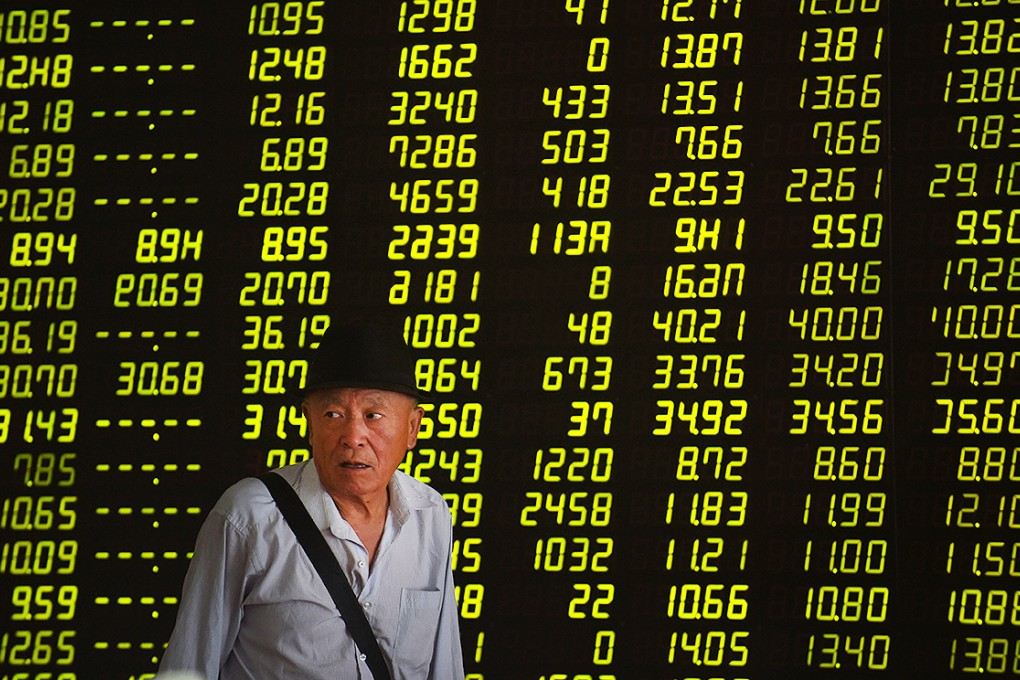Update | China’s stocks hit critical low despite government lifelines
Investors look for safe havens in state banking and oil giants as market tumbles regardless of central government efforts to buoy sentiment

A series of lifelines from Beijing failed to stop the slide in the mainland's stock market on Thursday, with the key Shanghai Composite Index closing below the critical 4,000 mark for the first time in almost three months.

"The government's response to the fall confirms that it will use all the resources at its disposal to influence the market when things do not go the way it wants and potentially puts its legitimacy at risk," said Steve Tsang, chair of the School of Contemporary Chinese Studies at the University of Nottingham.
The China Securities Regulatory Commission said last night that the stock market had recorded a significant drop, and the commission would launch an investigation into suspected market manipulation. Those suspected of committing an offence would be handed over to public security agencies.
The Shanghai Composite Index fell as much as 6.38 per cent at one point in the afternoon session, before finishing down 3.48 per cent, or 140.93 points, at 3,912.77, the lowest level since April 9.
The Shenzhen Composite Index shed 5.55 per cent, or 130.32 points, to close at 2,215.81 and ChiNext - the Nasdaq-style bourse for small-cap tech stocks - gave up 4 per cent.
Since falling off a seven-year peak of 5,166.35 on June 12, the Shanghai index has lost about a quarter of its value, with the mainland equity markets heading into bear territory after fears of a tightening of margin lending induced a sharp correction.